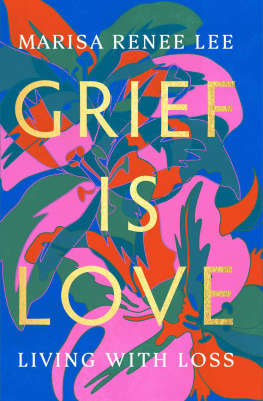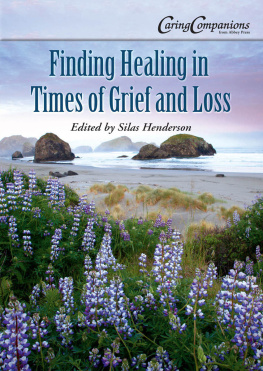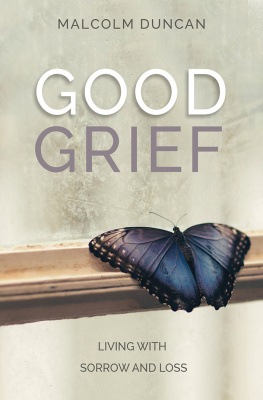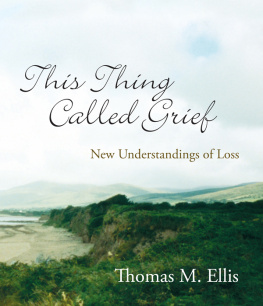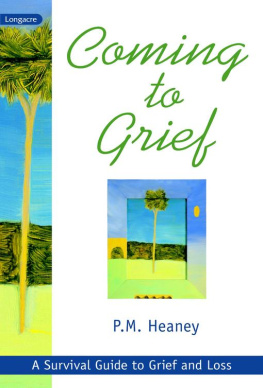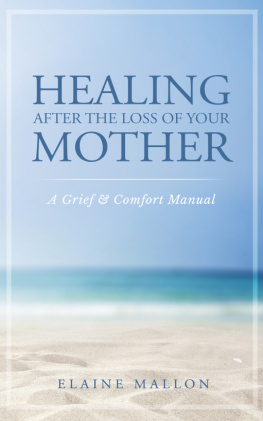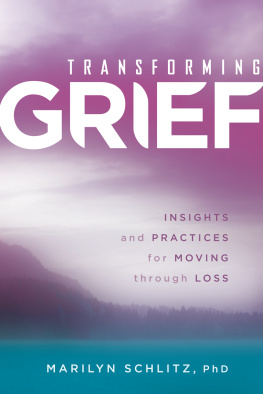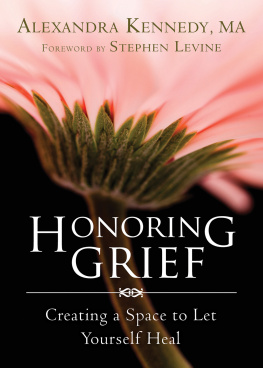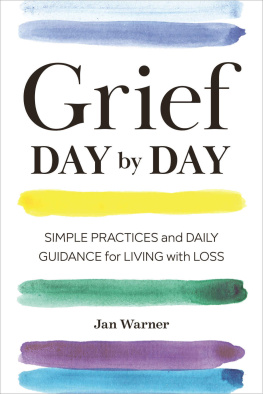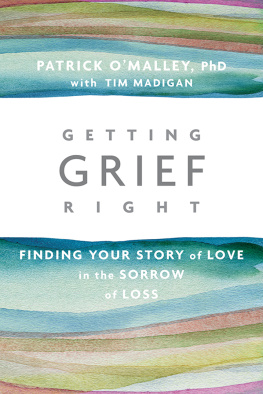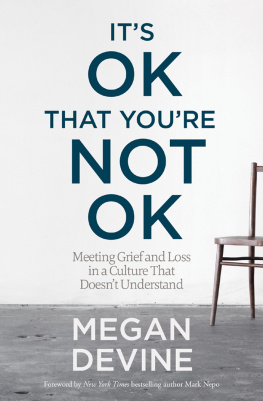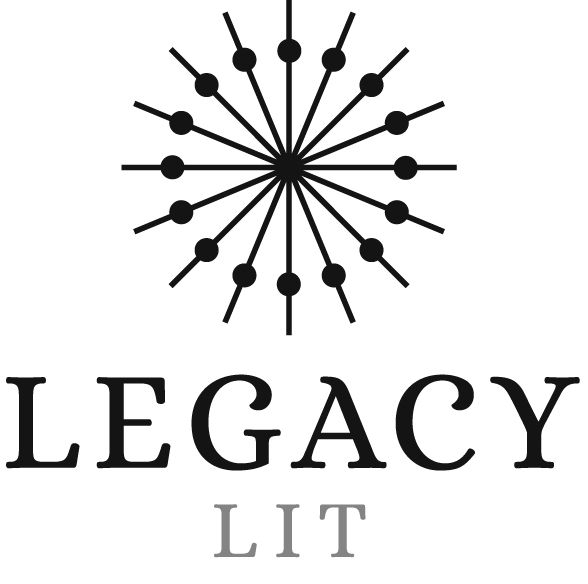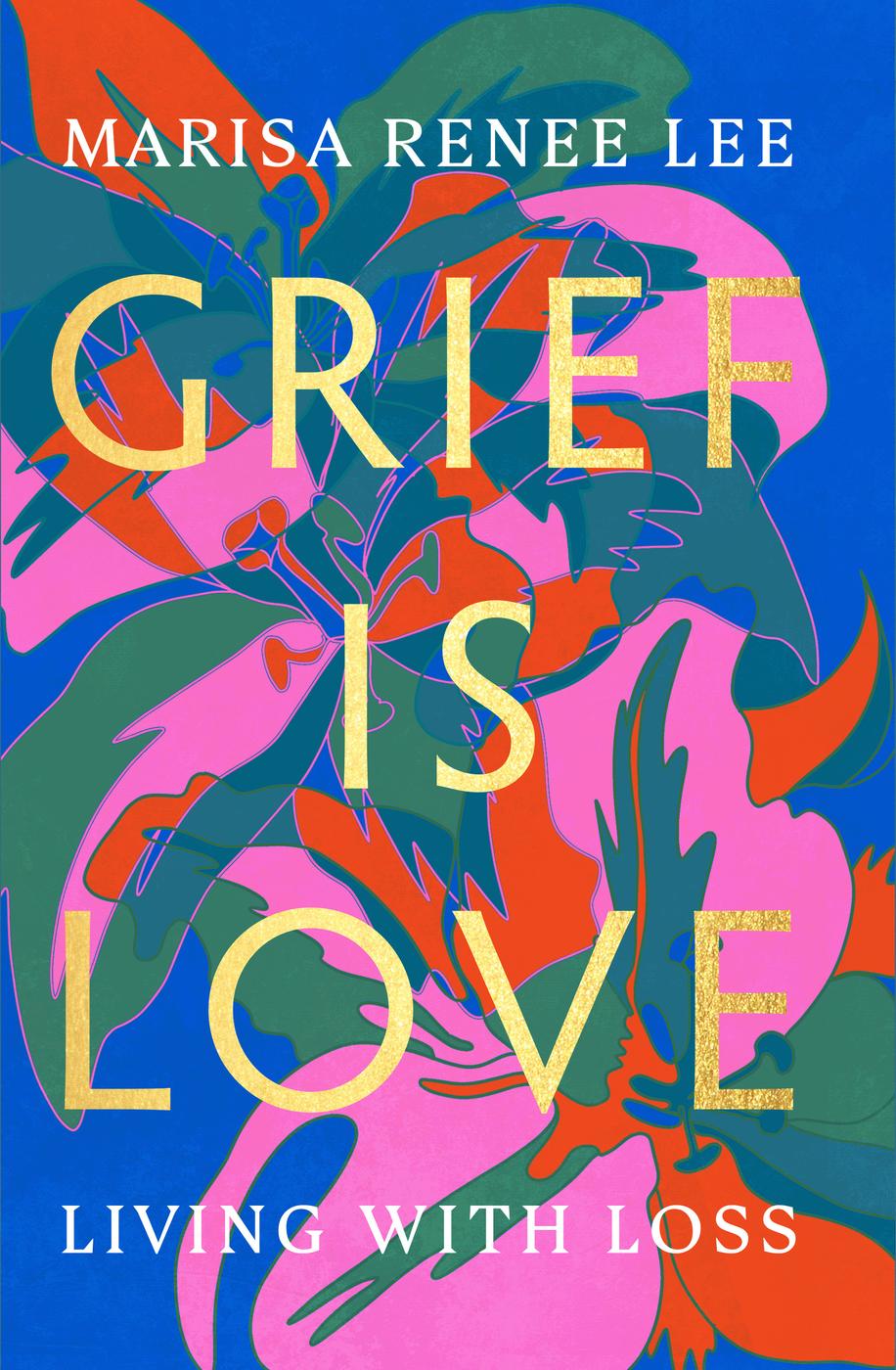
Copyright 2022 by Beacon Advisors Inc.
Cover design by Holly Ovenden
Cover copyright 2022 by Hachette Book Group, Inc.
Hachette Book Group supports the right to free expression and the value of copyright. The purpose of copyright is to encourage writers and artists to produce the creative works that enrich our culture.
The scanning, uploading, and distribution of this book without permission is a theft of the authors intellectual property. If you would like permission to use material from the book (other than for review purposes), please contact permissions@hbgusa.com. Thank you for your support of the authors rights.
Legacy Lit, an imprint of Hachette Books
Hachette Book Group
1290 Avenue of the Americas, New York, NY 10104
LegacyLitBooks.com
twitter.com/LegacyLitBooks
instagram.com/LegacyLitBooks
First edition: April 2022
Published by Hachette Books, an imprint of Perseus Books, LLC, a subsidiary of Hachette Book Group, Inc. The Hachette Books and Legacy Lit name and logo is a trademark of the Hachette Book Group.
The Hachette Speakers Bureau provides a wide range of authors for speaking events. To find out more, go to www.hachettespeakersbureau.com or call
(866) 376-6591.
The publisher is not responsible for websites (or their content) that are not owned by the publisher.
This publication contains the opinions and ideas of its author. It is intended to provide helpful and informative material on the subject addressed in the publication. It is sold with the understanding that the author and publisher are not engaged in rendering medical, health, or any other kind of personal professional services in the book. Readers should consult their own medical, health, or other competent professional when coping with grief.
Library of Congress Cataloging-in-Publication Data
Names: Lee, Marisa Renee, author.
Title: Grief is love : living with loss / Marisa Renee Lee.
Description: New York : Legacy Lit, [2022] | Includes bibliographical references.
Identifiers: LCCN 2021053698 | ISBN 9780306926020 (hardcover) | ISBN 9780306926013 (ebook)
Subjects: LCSH: Grief. | Loss (Psychology) | Love.
Classification: LCC BF575.G7 L439 2022 | DDC 155.9/37dc23/eng/20211229
LC record available at https://lccn.loc.gov/2021053698
ISBNs: 9780306926020 (hardcover), 9780306926013 (ebook)
E3-20220307-DA-NF-ORI
For my mother, Lisa, who taught me everything I need to know about love.
Explore book giveaways, sneak peeks, deals, and more.
Tap here to learn more.
The heart of the wise is in the house of mourning.
Ecclesiastes 7:4
MY MOTHER LIVES in the water.
In the fluidity, the comfort, and the power of water is where I find her. I run to the water when things get hard. I can find her in a warm bath, in the fresh scent that emerges after a light spring rain, in the vastness and overwhelming power of the ocean. And just as I need water to live, I stubbornly refuse to live without the love of my mother. And you dont need to live without the love of your person either.
We are taught that grief is something that arrives in the immediate aftermath of death, and while thats certainly true, its not the whole story. Grief is the experience of navigating your loss, figuring out how to deal with the absence of your loved one forever. Its understanding that the pain you feel because of their absence is because youve experienced a great love. That love doesnt end when they die, and you dont have to get over it. My hope in writing this book is to give those of us who know loss, and those who care to understand our experiences, a bit of guidance for living a full life after losing someone we lovea life where we can continue to love them, grieve them, and honor them on our terms. Ive written what I wish I knew when I lost my mother fourteen years ago, and the many lessons Ive learned since. As I sit writing this on October 18, 2021, the United States has lost more than 720,000 lives to COVID-19; globally, weve lost 4.5 million people to this pandemic. Like you and me, each of these people has left behind loved ones who are, for the first time, trying to figure out life after death. We can no longer afford to ignore grief, to relegate it to whispered conversations, to expect folks to navigate their brokenheartedness on their own. It is neither practical, nor possible, nor humane.
My mother, Lisa, took her last breath on February 28, 2008, ten days after turning forty-nine. I was with her when life left her body. I did the thing I had prepared for as her daughter and one of her caretakers, the thing I promised her: I ensured she died on her own terms, the way she wanted to, in our home. I was twenty-five, and it felt like the epitome of adulting, but what I didnt know, what no one told me, was that her death was also a beginning. Her death sparked a new life for me. At 5:37 p.m. that day in February, I was forced to start learning how to live without her, how to somehow live a full and joyful life, with a permanent hole in my heart.
When she died, I was unmoored. I was an adult in name only, and just as I was trying to sort through who I was and how I wanted to show up in the world, my sense of self was destroyed. Losing my mother meant losing myself too. Who would I be without my mother? We are irrevocably changed when we lose someone we love because so much of who we are is a reflection of the people who love us, and now one of those people is gone. In the beginning, the mere act of sustaining your own life feels impossible.
But I promised my mother I would be fine, so I returned to my life. The act of returning is often the hardest part. What does life look like without her, without my person? We dont know. But we push ourselves to do it anyway, sometimes by force.
And I am nothing if not the epitome of a strong Black woman, a type-A striver. I may as well have Ive got this tattooed on my back. I returned to my job on Wall Street and my wannabe Sex and the City existence two weeks after my moms death, and I did the thing Black women have been doing for centuries: I kept my mouth shut about the extent of my pain. As I attempted to cobble together the former pieces of myself with what was left, I thought it was normal to feel sad for perhaps the first few weeks. I didnt know it was normal to feel sad on and off for years, for what feels like it will be for the rest of my life. I didnt know anger, envy, frustration, depression, anxiety, and shame were common elements of grief. I did not understand the importance of grace and the need to extend it to myself and others. I had no idea that grief was actively impacting my body and my brain in ways that made maintaining my health, my career, and my relationships challenging.
I didnt know all these things were grief, and perhaps more importantly, I didnt know all of these things were normal, so I fought them, and I hid them, and I lied about them to myself and others. I assumed there was something wrong with me for having so many feelings about a dead mother. I was embarrassed and ashamed. So I did my best to keep my feelings to myself, if I even acknowledged them at all.
As I continued to move further and further away from that fateful day in February, I found myself mourning her death over and over again. Her absence and my loss seem to know no limits. I grieve for the relationship we could have had as adults, the relationship she would have had with my husband. The delicious new recipes we might have exchanged or an eye roll we might have shared at something ridiculous my dad just said. Her absence is particularly acute when shitty things happen in my life: an infertility diagnosis and loss of a much-wanted pregnancy, supporting my sister through her mental illness, fear in the midst of a global pandemic, the battles and anxieties that spark at the turn of a key daily in life. At one time I would have been able to call my mother, to ask for her advice, to hear the warmth of her voice. Its in these big and tiny corners of my life that I miss her every day.

